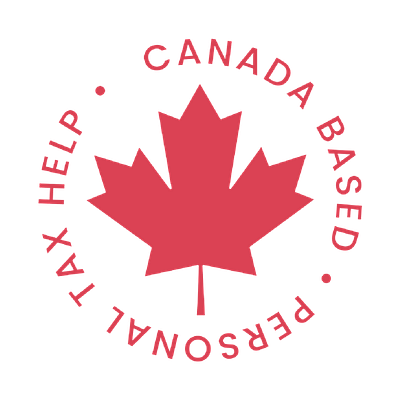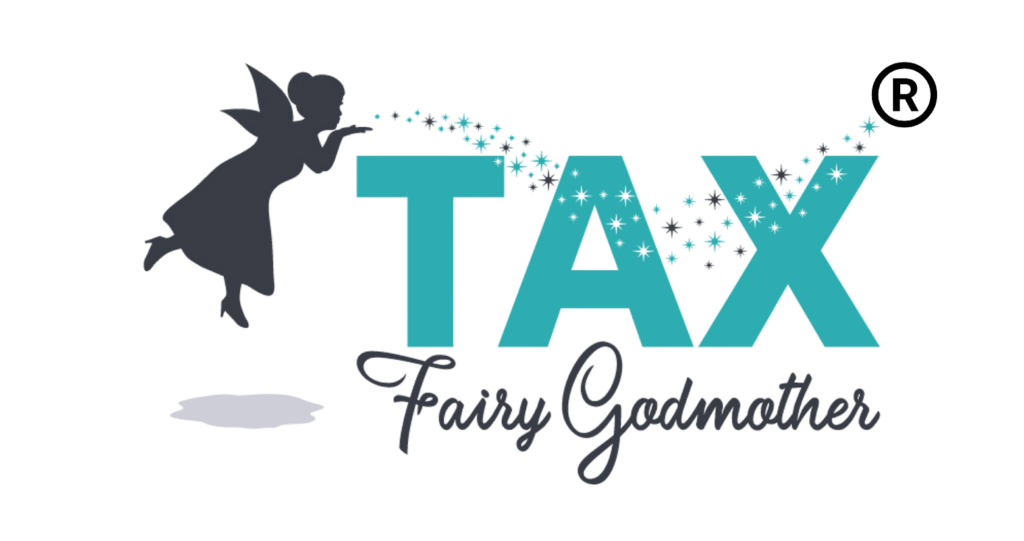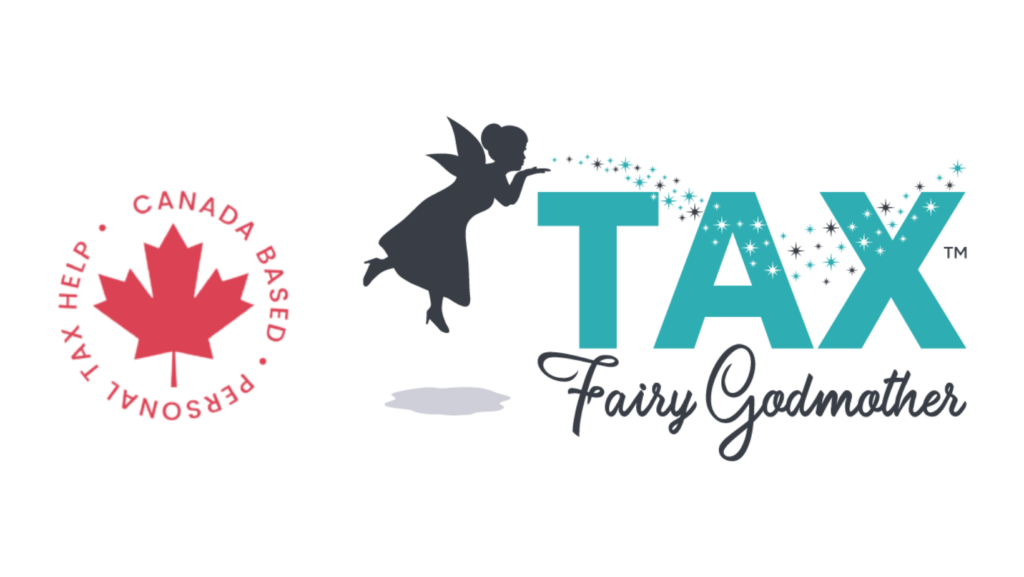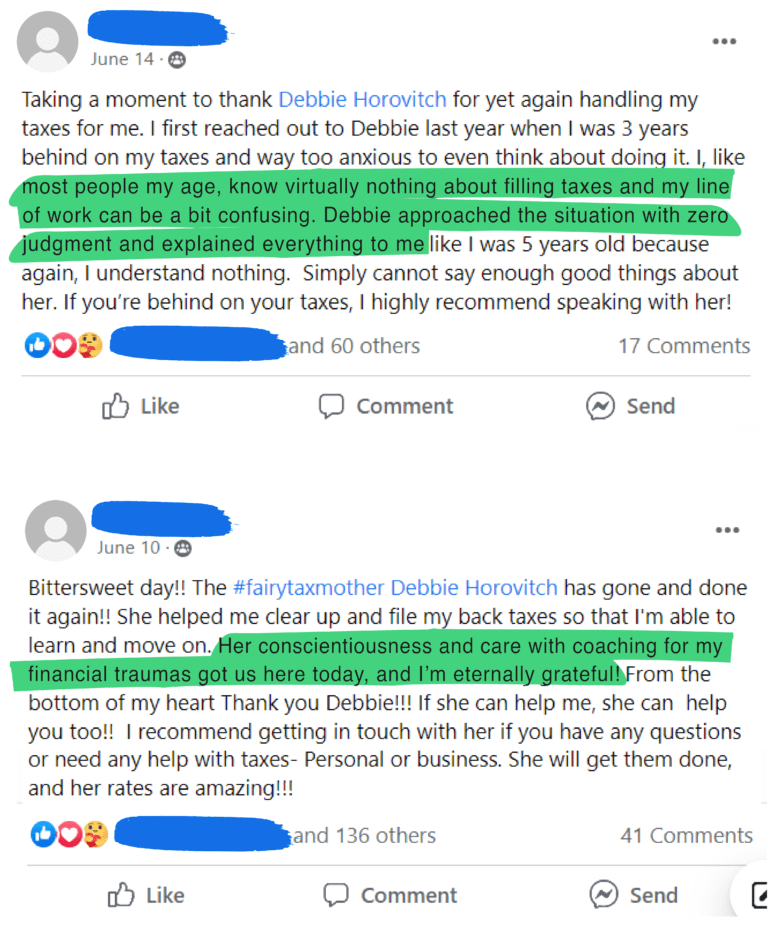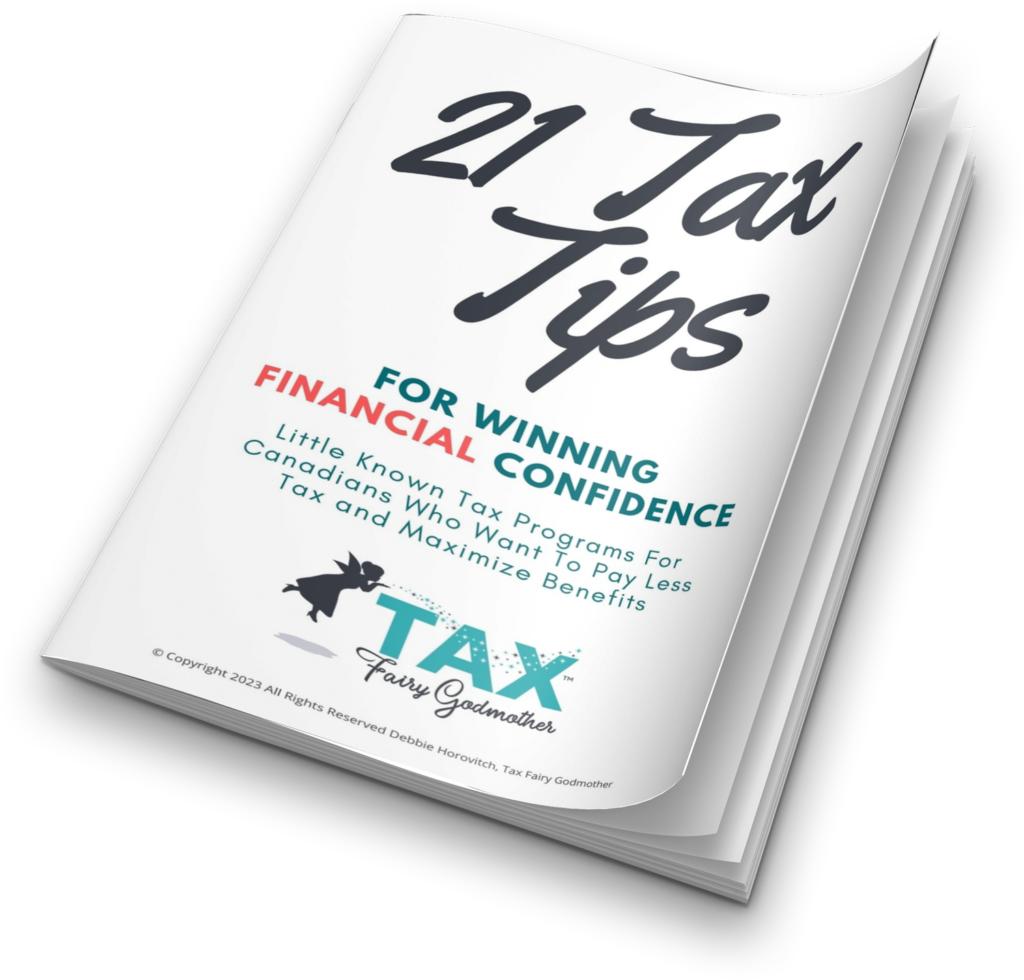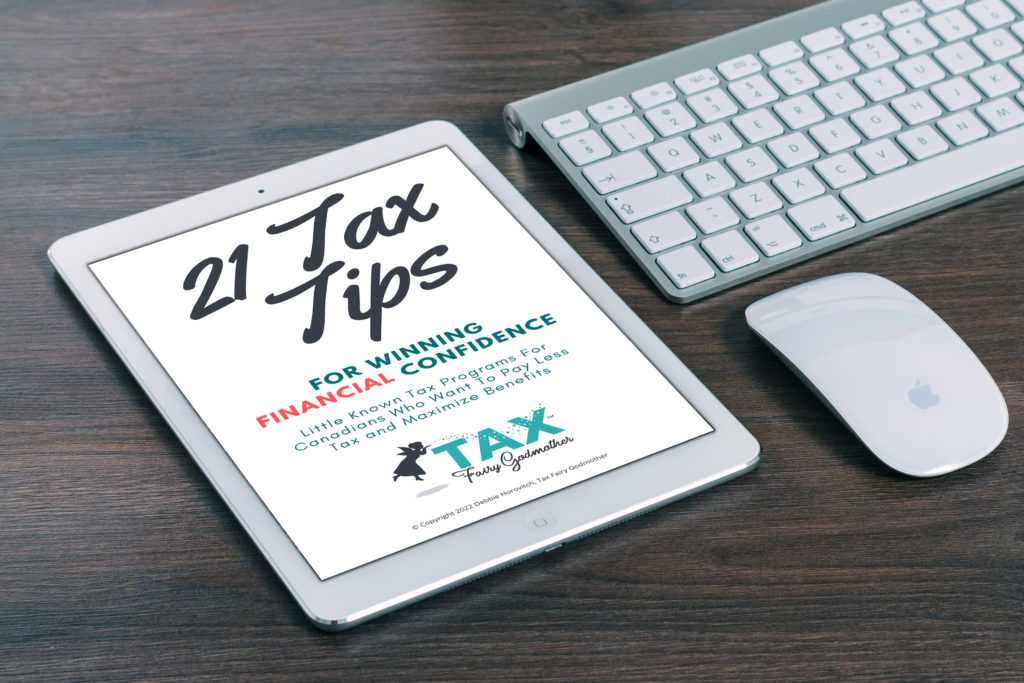
The most important thing to avoiding accidental overpayment of self-employed income taxes, is accurately managing your transactions throughout the year, so that at tax time it’s easy for you to know the exact amounts to claim. As much as you can, also keep printed or digital files of all your claimed business expenses, so that if CRA requests you provide documentation of your claims, you don’t have ANY stress doing so.
If your business has grown to a point where you have too many transactions to maintain books throughout the year and find yourself scrambling at tax time each year, consider hiring a part-time bookkeeper, or even a fractional CFO if you’ve scaled, to help you keep up to date.
Business & Professional Activities worksheet (T2125)
This worksheet is based on CRAs T2125 form, but with a lot less detailed (complex) information, for micro-businesses with limited monthly transactions and relatively low costs. If you’re claiming CCA or other capital expenses, please refer to the CRA T2125 form. CRA T2125 Form
Business Use of Home expense claims
A % of your personal home rent/property taxes, utilities, internet, telephone, and bank fees can be claimed as Business Use of Home. To determine your business use of home % to apply, calculate the square footage % of your home that your business/office exclusively operates in. If you’re using a multifunction space to work, reduce your % by the amount of time during the week, that space is regularly used for personal/family use instead of business.
Meals & Entertainment
Most meals & entertainment claims are limited to 50% of the receipt amount, and for claims to be approved, you want to ensure each receipt has TWO meals documented, and you’ve written the name of your client who you hosted, on the receipt.
Vehicle Expenses
To confidently claim the vehicle expenses against business revenue, you are required to first keep a vehicle logbook for 12 months, to establish the % of expenses that qualify to be claimed by the business.
Travel Expenses
You can deduct travel expenses for trips that are entirely or partially intended for earning business income, but you can only deduct the portion (%) considered to be for business use, not personal. Travel expenses include public transportation fares, hotel accommodation and meals.
If you run a daycare, you can also deduct on this line the cost of tickets you may have bought for field trips.
Convention Expenses
You can deduct the cost of attending up to two conventions a year, that are related to your business or your professional activity, and are held by a business or professional organization within the geographical area where the organization normally conducts its business.
Platform / Sharing / Gig Economy workers
You may be able to claim eligible Business expenses related to your platform activities on your income tax and benefit return. To be deductible, business expenses must generally be incurred for the purpose of earning income from your platform activities, must not be on account of capital, must not be personal expenses, and must be reasonable in the circumstances.
To determine your expenses, you need to keep records of:
– all your earnings
– details about when, how, and where you earned your income
– details of the business expenses you incurred in earning your income, supported by invoices, receipts and vouchers. For example, you may be able to claim a percentage of your gas expenses if you used your personal car to earn money by providing ridesharing services.
Instalment Payments
After your annual self-employment income tax return has a resulting balance of more than $3,000 due, CRA will expect you to begin making quarterly instalment payments in advance of the tax deadline throughout the year. If you do not make the instalment payments in full on time, you may be penalized with interest from the date the instalment payment was due.
GST / HST
You are required to register your business with the CRA HST office for an HST number, when you achieve $30,000 total revenue collected in any 12 month period. You can optionally choose to voluntarily register before this milestone, for other reasons than the CRA requirement.
Carefully select your qualifying option for filing and remittance periods – Annual, Quarterly, or Monthly returns to reduce the frequency of return filing and remittance amounts.
Tax Fairy Godmother
Debbie Horovitch
